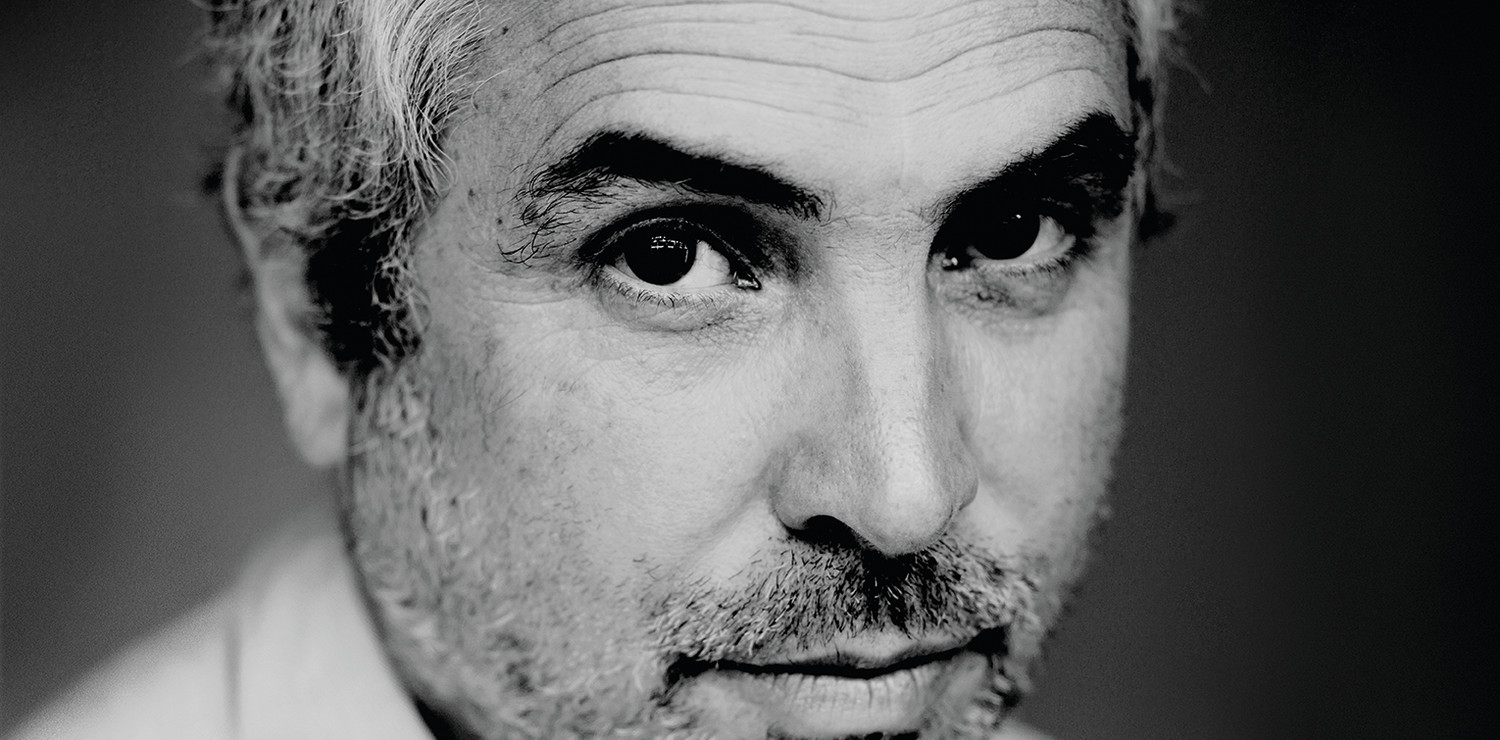Alfonso Cuarón. My life in Pietrasanta
Recounts his film-making experience and his Tuscany
There is a lot of Italy, or rather a lot of Tuscany, in the life of Alfonso Cuarón, one of the most renowned, popular and acclaimed film directors in the world today. He has won an Academy award for Gravity (2014), and the latest Film Festival in Venice with Roma, a lovely film in which he recalls his childhood in Mexico with an amazing wealth of human and historical details.
Cuarón is an honorary citizen of Pietrasanta. There he has a family, a home, friends and some of the secret places most dear to him, where he writes his film scripts. It is here in his Italian home that Cuaron has terminated the editing of Roma with which he triumphed in Venice. For seven years, he has lived his life at an Italian pace. Ever since he came to live in Pietrasanta, in the wake of former wife Annalisa Bugliani. It is possible to encounter him outside school waiting for his two children, Tess and Olmo, or sitting at the bar in Piazza del Duomo, reading the papers or studying his next script.
Cuarón has a house at Pietrasanta in the hamlet of Vallechia, which is now being renovated. So he has rented an apartment in the historical centre of the Apuan town. He is not a great socialite but you may spot him from time to time eating at the restaurant Il Posto, or at the Wine Bar run by Michele Marcucci.
A few days after winning the Golden Lion in Venice, Cuarón was looking out onto the seaside of Versilia from the Tonfano pier, a 380 metre walk into the sea, to celebrate the tenth anniversary of its construction, together with another twenty thousand people. He was joined by senator Massimo Mallegni, former mayor Pietrasanta and designer of the project, together with the mayor in office Alberto Giovannetti. On this occasion, Cuarón was presented with a special award in bronze, made by the foundries of Pietrasanta.
How do you get on in Tuscany, Cuarón?
Very well. It is a marvellous place, nice and peaceful, where I try to achieve my greatest aspiration, that of a living a normal life.
Would it ever be possible for you to set one of your films in Tuscany?
That’s an idea I might well consider. It would enable me to be close to the family and work in a beautiful and peaceful environment.
You have even found an old friend at Pietrasanta…
Yes, in the most incredible way: after thirty years, I bumped into him at the supermarket in Pietrasanta, in front of a shelf of tomato passata. That’s Gustavo Achevesche, a very talented artist and an old friend of mine.
You are one of the world’s greatest film directors but you seem to crave simplicity. You never act like a celebrity.
First and foremost, film-making has enabled me to survive and make a living. In the 80’s in Mexico, where I grew up, there was very little work. So I have always done a bit of everything: cameraman, assistant director… I didn’t want to be the star of the show at all costs. I have always seen myself as a film worker. I am no genius either: I didn’t even finish my university studies in Philosophy or the Film Academy!
Mexico has given us the three most important film directors of recent years: Alejandro Inarritu, Guillermo del Toro and yourself. How do you account for this?
I don’t know: but I am very fond of both of these colleagues. Guillermo, who told me that my first short film was bad and Alejandro whose first short film I said was bad! - he laughs -. We met when we were very young. We have been good friends and we have had our ups and downs: this has probably helped us mature.
Which protagonists of the international film industry have taught you most?
I have loved Martin Scorsese immensely, together with the entire Nouvelle vague. But I love films in general.
In Roma you have recounted your childhood, against the background of a Mexican scenario, torn apart by social strife. Why have you undertaken this journey back in time?
Maybe because I am getting old! I wanted to recount some personal scars of mine and some scars shared by the Mexican people. To do this, I needed to refer to some of the great authors of the Italian film tradition.
Which ones?
Ettore Scola, the Taviani brothers, Pasolini, Rossellini; I wasn’t thinking rationally according to any set scheme. But their films are in my blood, just as there is possibly a bit of Italy in my blood and, above all, a bit of Tuscany.









